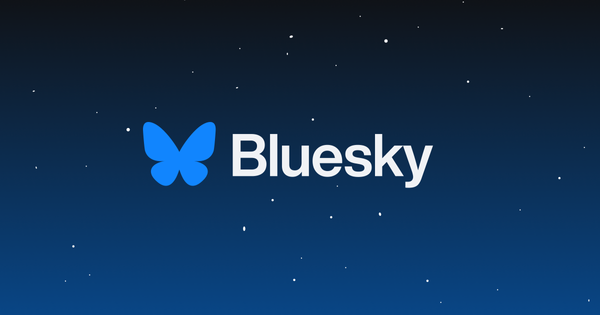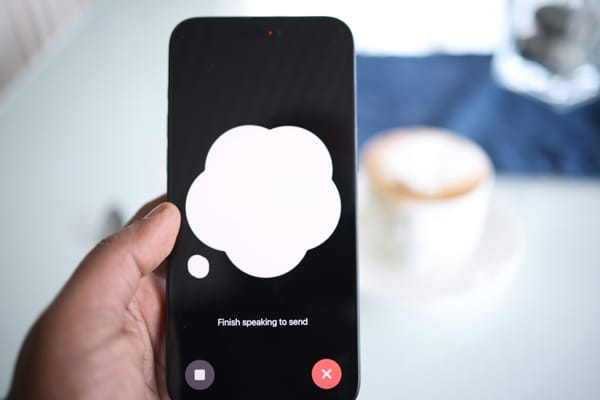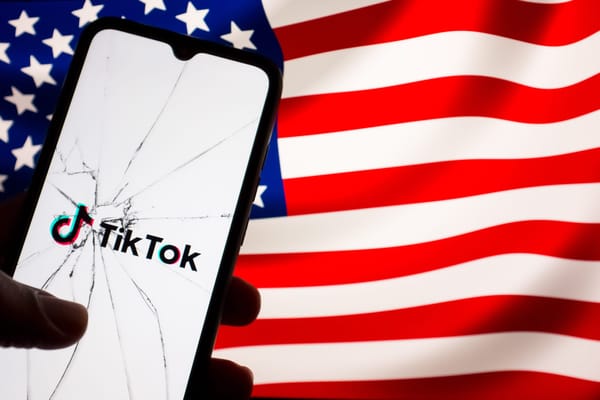Inside Twitter's emotional Friday all-hands
CEO Parag Agrawal on five years of regrets

Late Thursday night, Twitter CEO Parag Agrawal announced the company would hold an all-hands meeting to address employee questions related to Elon Musk’s planned acquisition of the company. Employees I spoke with were somewhat surprised; it seemed clear that executives know little more about Musk’s plans than he has disclosed in public, and Twitter has been generally tight-lipped about other details related to the deal.
At the same time, employees say, morale has declined sharply since the deal was announced, and Musk began attacking executives and their prior policy decisions in a series of tweets. And so Agrawal, chief legal officer Vijaya Gadde, and other executives took their questions for about an hour Friday morning.
Notably, Musk’s memes went all but unmentioned on Friday, by either employees or executives. One question concerned how brands were responding to attacks, and but otherwise the company sidestepped the issue.
After beginning by asking employees to stop leaking to the press, Agrawal made a low-key effort to rally the troops. While acknowledging that he had little idea how Musk night change the company — “We don’t know the specifics of change; I don’t want us to go in believing nothing will change” — he urged the company’s current employees to stick around for Twitter’s next chapter.
“This is a unique company at a unique moment,” he said. “There’s a lot to be learned going through experiences like this. That said, not everyone wants to do that. … I hope many of you will embrace this opportunity, because …. I believe there is something to be learned during this period of transition.”
For the most part, he stuck to the script: this was a simple business deal designed to provide the most benefit to shareholders. (At one point he apologized before once again using the word “fiduciary.”)
But in a rare moment of reflection, Agrawal acknowledged that Twitter was open to a takeover because it had historically underachieved.
The question from an employee had been simple: could this takeover have been avoided?
Agrawal: I think so, right? If we look back five years, could we have made Twitter even better than it is today? Could we have been stronger technically? Could we have made better choices around the product? Could we have done better on monetization? Could we have done things differently to earn more trust around our policies? Yes. We could have done things differently and better.
It’s true. I could have done things differently. I think about this a lot. I feel accountable for my actions I’ve taken over the last decade. I’ve only been in this job for four months, but I’ve been at the company for a decade. And yes, we could have done better. Should have done better. And I will do better in the next months before this closes, because that’s what I’m here to do.”
Why did Agrawal vote in favor of the deal? He spoke in the bloodless language of, well, a fiduciary.
Agrawal: As I’ve said, the board decides based on two factors. We act in the interest of our shareholders and look for value for them in the long term. Our job is to think about the price, and consider any offer on the table. And we compare that against the intrinsic value of the company based on the future-looking outlooks we have financially.
We get a lot of advice from several lawyers and bankers in the process … And when we looked at all the information and all of the data, every one of us concluded that based on our fiduciary responsibility … this offer at the price it ended up at was in the best long-term interest of our shareholders.
OK sure, employees said, but how is it in Twitter’s best interest to go private?
“This is the answer you don’t want to hear, right?” Agrawal said. “Twitter is a public company owned by shareholders. There are other companies which may have other legal mechanics … Twitter is not one of those companies.”
Another employee asked why employees from marginalized communities should remain at the company given that their incoming owner seemed so dismissive of their concerns.
“Same reason I’ve said for everyone else,” Agrawal said. “You’re here doing your job. You’re here working with people you like working with. You believe in the work you do. You believe in your community. You believe on the impact your community [the work] has.”
Another executive said later that the company would prioritize diversity and inclusion as long as Twitter is an independent company.
What if Musk is just messing around with Twitter, and doesn’t plan on actually following through on his acquisition plans?
“This is a lot of work to be able to buy a company like Twitter,” Agrawal said. “It would be fairly silly to do this if you did not actually want to buy the company.”
Agrawal concluded by asking employees to “embrace change.”
“Let’s embrace change. Let’s embrace uncertainty,” he said. “If we see this as an opportunity, it will manifest as an opportunity. If we see this as doom and gloom, it will manifest as doom and gloom.”
Other news from the meeting:
There’s still no date for a Q&A with Musk. Another employee asked if they could have a Q&A with outgoing board member and former CEO Jack Dorsey, but Agrawal said it wouldn’t be “productive.”
Other things Agrawal doesn’t know about Musk: Whether he’ll join the company Slack. Or how much time he’ll spend working on the company.
Twitter is planning for significant attrition. Asked by an employee whether the company is making contingency plans for an “undeniable exodus,” an executive responded that they are. But so far, the company’s attrition rate has hovered around its historical average of 16 percent, another executive said later.
Twitter hasn’t agreed to any layoffs in advance. The company reiterated that it doesn’t know what Musk will do when the deal closes. In fact, Agrawal said executives hadn’t even seen the plans for the company that Musk reportedly shared with bankers.
Twitter’s board did not consider Musk’s plans for the product in making its decision. “It was not material to the decision in front of the board,” Agrawal said.
Correction: This article originally stated that the board hadn’t seen Musk’s plans; the question was actually whether Twitter’s leadership had seen the plans.
Those good tweets
i love when ppl dont delete their old ig posts and u can see their slow transition from
— clyde (@djlandreform) 1:26 AM ∙ Apr 28, 2022
civillian to dj
what did they find in the clickbait hornse?
— Chicken WingDings 🇵🇸 (@eBridget) 11:26 AM ∙ Apr 28, 2022
Talk to me
Send me tips, comments, questions, and more internal messages: casey@platformer.news.





